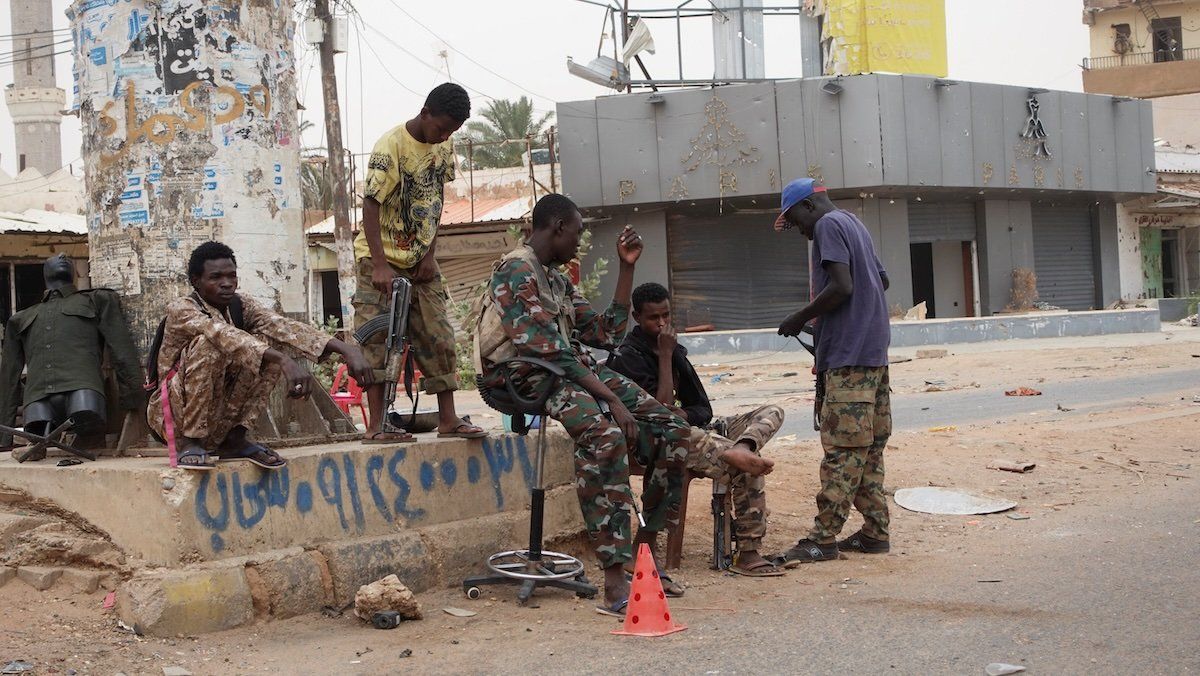It’s been a year since tensions between the army and a major paramilitary group plunged the vast East African country into civil war. With much of the world looking elsewhere, there is little prospect for peace.
Refresher: Back in 2021, the Sudanese army and Rapid Support Forces jointly toppled long-ruling dictator Omar Bashir. But last April, they clashed over power-sharing, and a full-blown civil war erupted. Egypt and Iran have backed the army, while the UAE supports the RSF.
Since then, at least 14,000 people have been killed, and some 10 million displaced, many to neighboring South Sudan and Chad, already two of the world’s poorest countries. In all three countries, 30 million people now face food insecurity.
Humanitarian aid has fallen short. Donors have met just 5% of the UN’s appeal for food aid. Meanwhile, Houthi attacks on ships in the Red Sea – meant to pressure Israel to stop its assault on Gaza – have complicated efforts to deliver aid.
Saudi Arabia and the US have failed to broker several cease-fires. In recent days, scores of villages have been torched, suggesting that, with the world focused elsewhere, Sudan’s war may be entering a brutal new phase.
